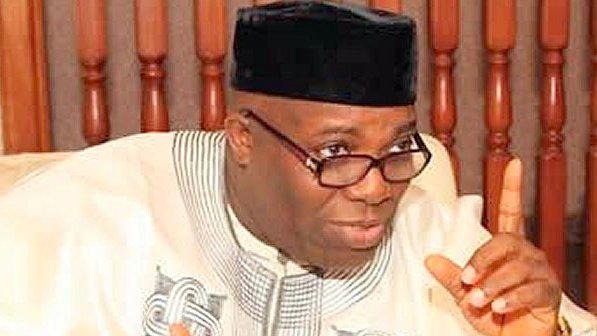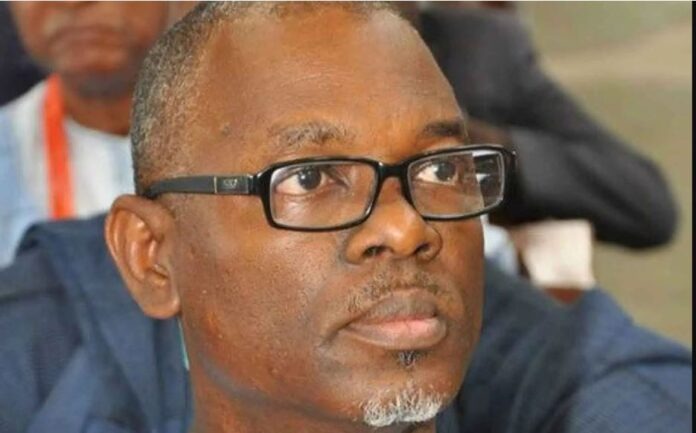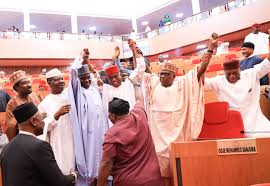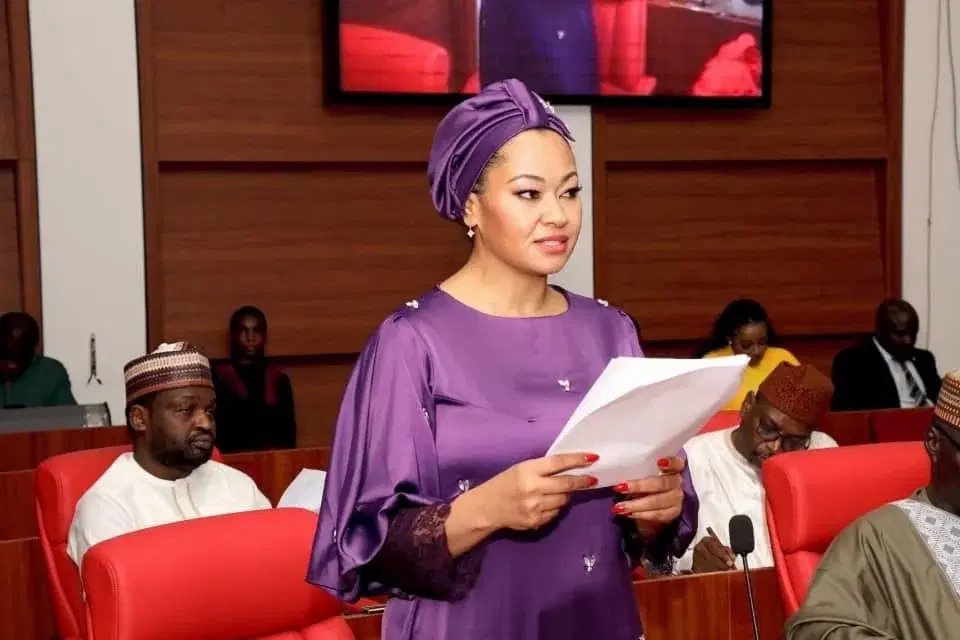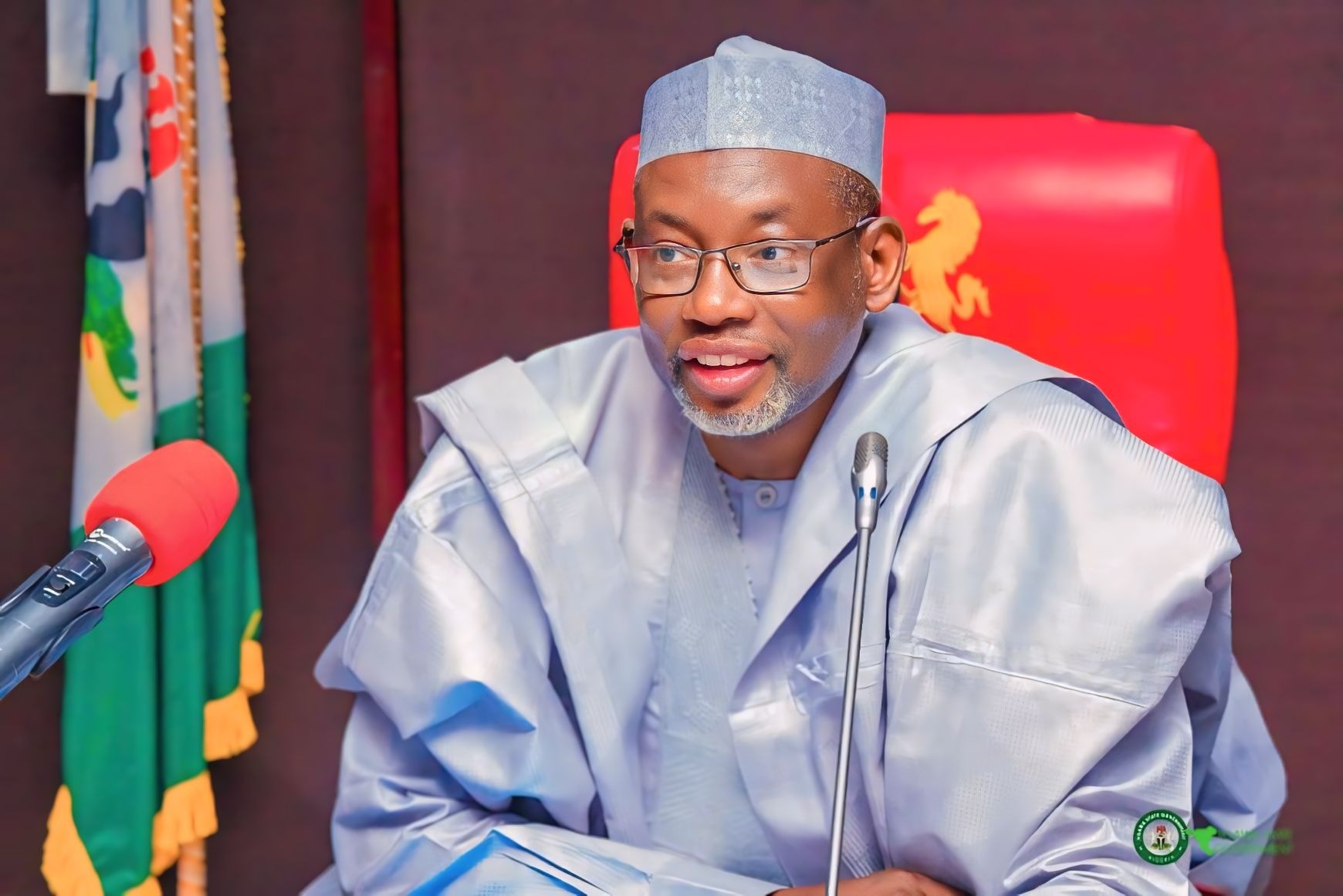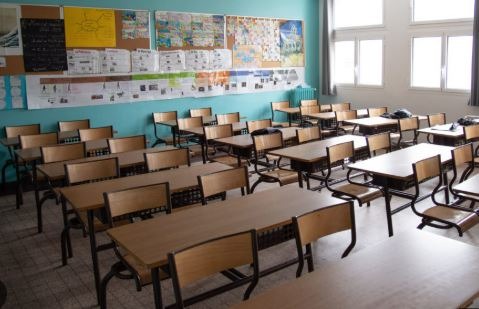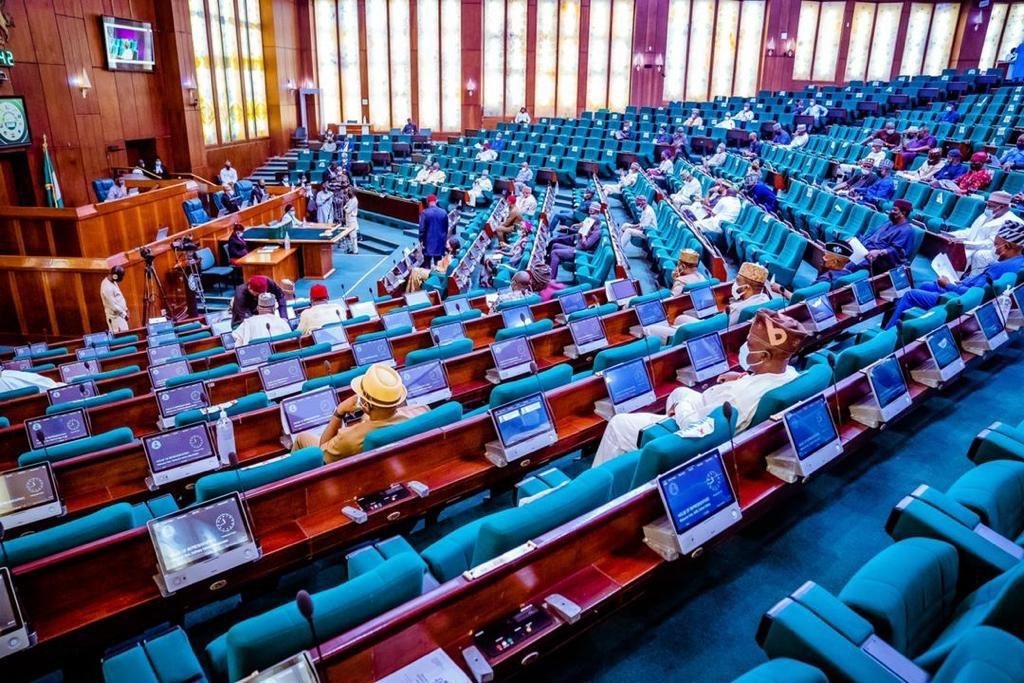The Pan-Niger Delta Forum (PANDEF) has expressed deep concern over the state of emergency declared in Rivers State by President Bola Tinubu, describing the crisis as “ordinarily avoidable.” In a statement signed by its National Spokesman, Chief Dr. Obiuwevbi Christopher Ominimini, PANDEF noted that it is closely monitoring the situation and will soon release its …

